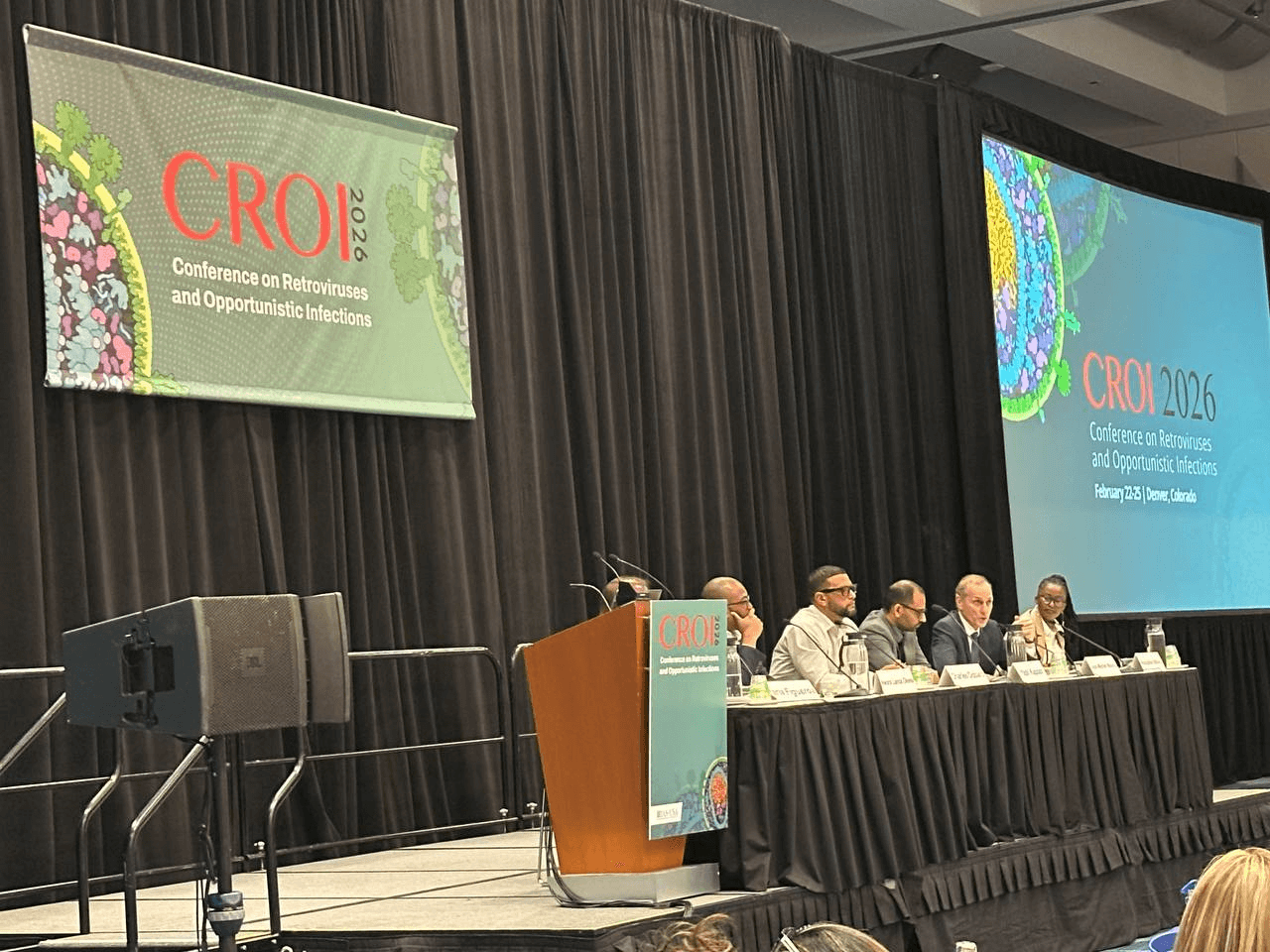New approach to HIV vaccination shows promise

A new experimental vaccine for HIV prevention has completed a Phase 1 trial with 48 volunteers. The vaccine, which stimulates production of rare immune cells, produced the necessary response in 97% of the study participants. The results of the research of IAVI and Scripps Research were presented by Professor William Schiff at the 4th conference on HIV research HIVR4P // Virtual.
The research team are working on a way to stimulate rare but powerful proteins known as broadly neutralizing antibodies, or bnAbs, that can attach to the spike proteins on the HIV virus and prevent them from entering the human cells they need to reproduce.
“Many years ago, we and other scientists postulated that in order to induce bnAb, you must start the process in the right B cells. Cells that have special properties - develop into cells that secrete bnAb,” says Schiff. “In this test, target cells were only about one in a million of all naive B cells. To get the correct antibody response, we first need to prime the correct B cells. The data from this test supports the ability of the vaccine immunogen to do this.”
According to Schiff this is just the first phase of a multi-stage vaccination scheme aimed with identifying and utilizing a wide range of bnAbs. The researchers believe the approach could also be applied to vaccines against other complex pathogens such as influenza, dengue, Zika virus, hepatitis C viruses, and malaria.
As a next step, IAVI and Scripps Research plan to partner with biotech company Moderna to develop and test an mRNA-based vaccine. The use of mRNA technology could significantly accelerate the pace of HIV vaccine development.



